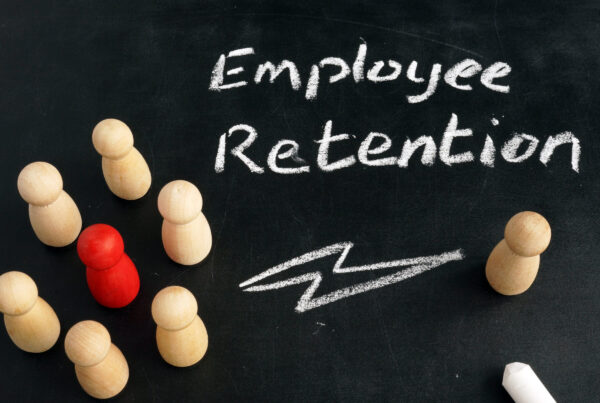By Carol Church
What is Bankruptcy?
In Chapter 7 bankruptcy, debtors liquidate all assets, except any that may be exempt in their states. In return, all debt is discharged. In Chapter 13 bankruptcy, filers may be allowed to keep property and are given 3 to 5 years to pay off debts. In both types, the bankruptcy will be on the filer’s credit record for up to 10 years, making it difficult to get credit or loans.
Some types of financial obligations cannot be discharged through bankruptcy. Examples include student loans, taxes, and child support. Additionally, some bankruptcy is filed in federal court, and you need a lawyer.
Can Members of the Military File for Bankruptcy?
Yes. Filing for bankruptcy is a federal right and does not in itself disqualify service members from continuing to serve in the military. In fact, if filing bankruptcy seems as if it may be necessary, it is probably wise to do so, since high amounts of debt and continued failure to pay debt can definitely be a reason to be separated from service or to be denied security clearance.
(When you think about it, it makes sense to be concerned about the security risks when someone is in serious financial trouble. They might be tempted to do almost anything to improve their dire financial circumstances, including betray their country.)
Will Declaring Bankruptcy Affect a Service Member’s Military Career?
It can, but it depends on the circumstances. Filing for bankruptcy is typically viewed more favorably by the military than being in vast amounts of delinquent debt. Filing indicates that you have a plan to repay or “wipe out” your debt and are facing up to your mistakes. Be aware, however, that it is still possible to lose security clearance. Also, service members who file for bankruptcy should be scrupulously honest about this on all future security disclosures.
Are There Any Special Bankruptcy Protections for Service Members?
Yes. To file for Chapter 7 bankruptcy, filers must typically pass a “means test” to prove they have no significant assets. However, disabled veterans (disability rated at 30% or more or discharged from active duty due to disability incurred in the line of duty) do not need to pass this means test.
Some National Guard and Reserve members who were called up to perform homeland defense duties are also temporarily exempt from means testing for a certain period of time following their duty.
The SCRA also gives service members the ability to postpone bankruptcy proceedings while they are on active duty, and Military STAR card debt is included just like other debt when filing for bankruptcy.
Where Can Service Members Having Problems with Debt Get Help?
Financial advisors on military bases can provide help and consultations to service members who are having problems paying their debt.













